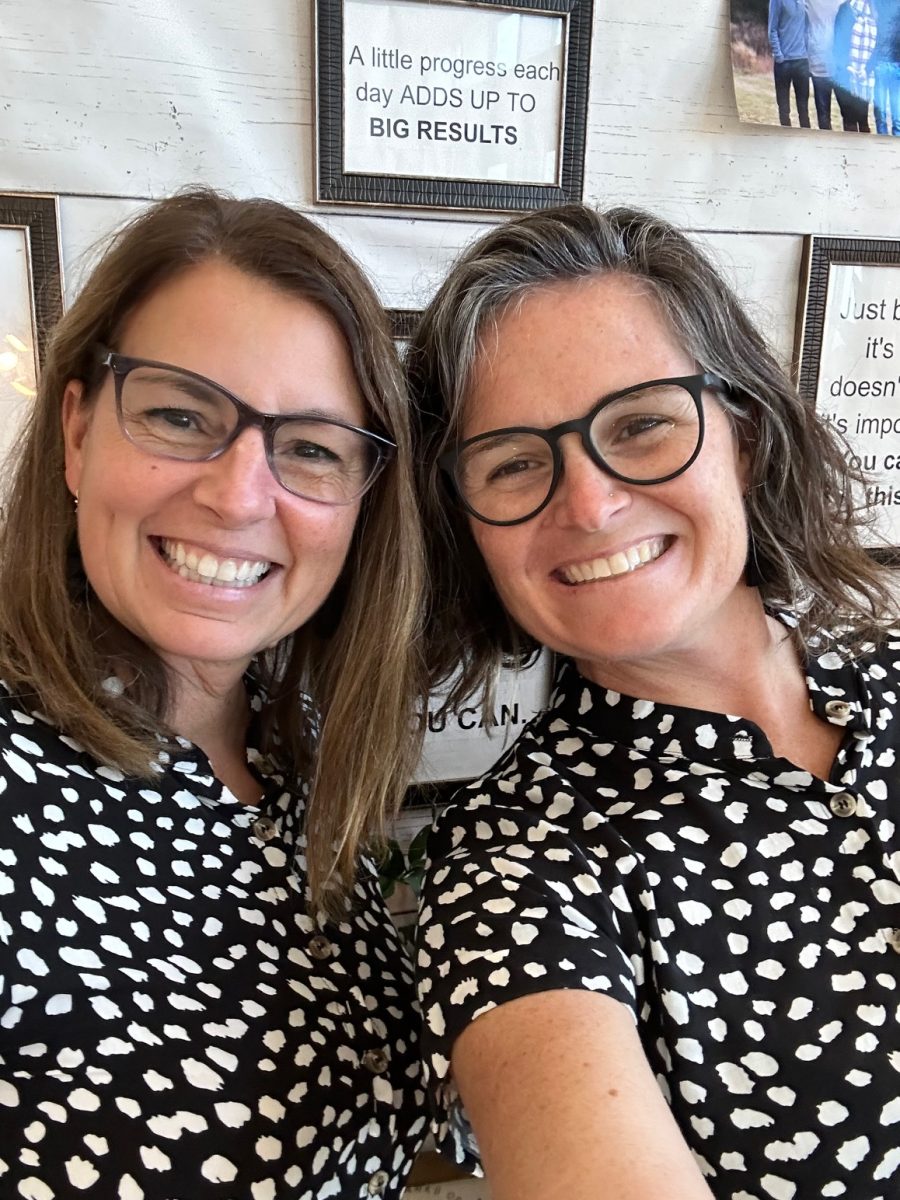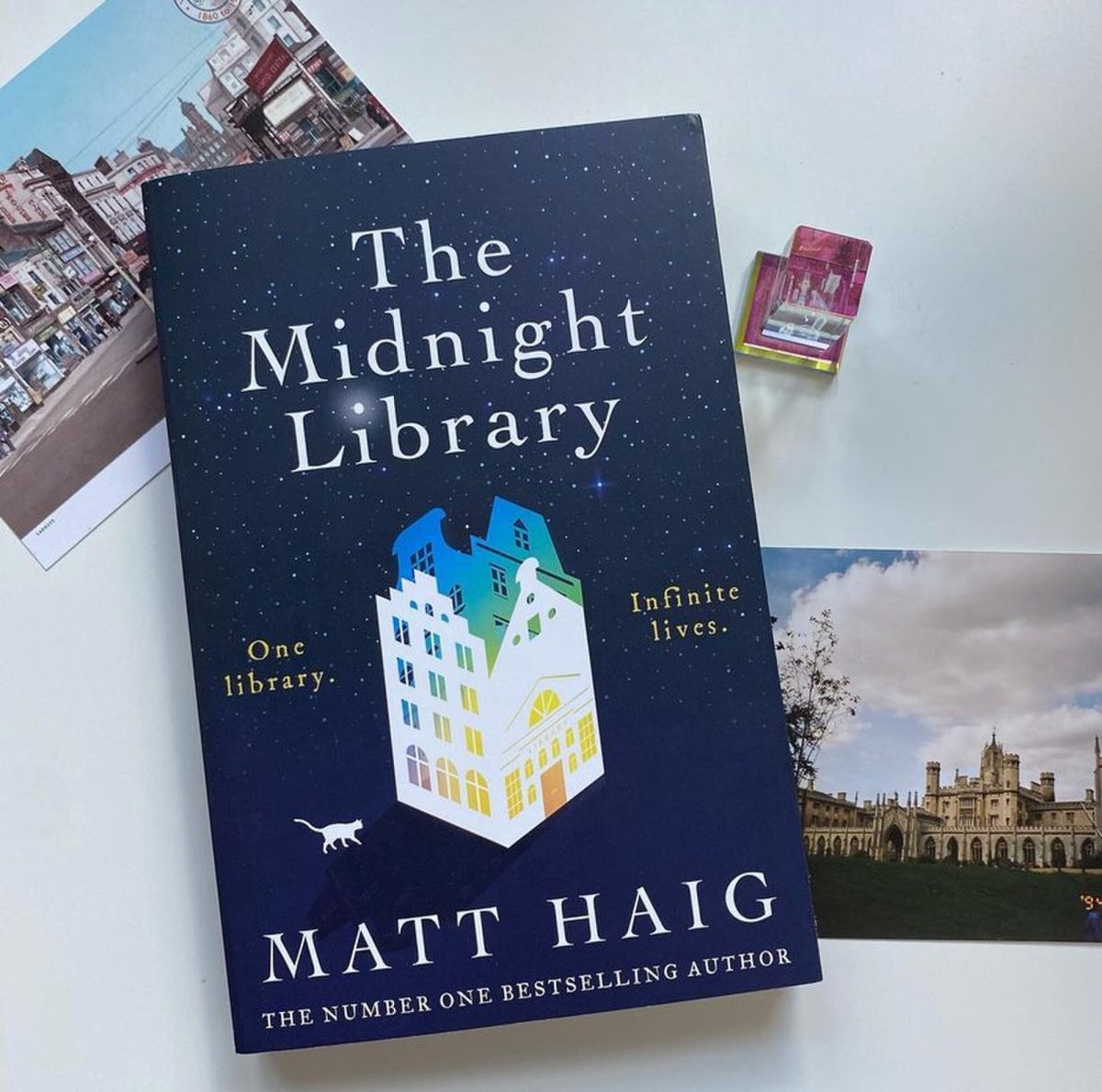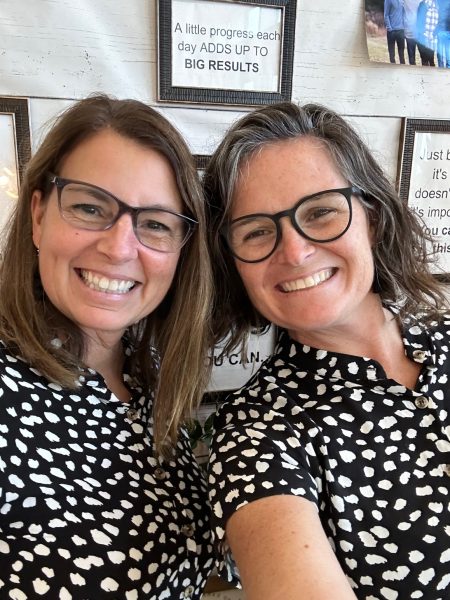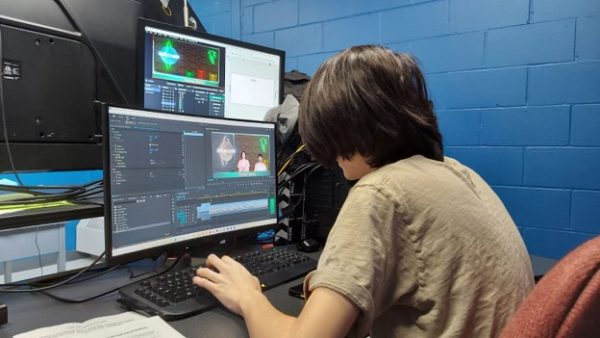Are Vaccine Concerns Justified?
February 18, 2021
Now that some COVID-19 vaccines have been cleared by the FDA, some people are expressing concerns over the safety of the vaccine. Vaccines from Pfizer and Moderna have about 95% efficacy after two doses. However, it is important to note that this does not mean that people can stop social distancing or wearing masks, as even with the vaccine, the spread of coronavirus could still continue.
One of the main concerns about the vaccines is the fear of severe allergic reactions. While they are uncommon, allergic reactions have occurred. Between December 14 and December 23, there were 21 cases of anaphylaxis in 1,893,360 doses. This means that there were approximately 11.1 cases of anaphylaxis per one million doses for the COVID-19 vaccine, in comparison to 1.3 cases per one million for the flu shot. Beyond anaphylaxis, people have experienced more mild side effects, including pain at the injection site, fever, muscle aches, fatigue, and headaches, most of which only lasted a day or two. However, no vaccine trials reported serious safety concerns.
Despite the fact that all patients have recovered, precautions are being taken. If a person experiences side effects to the first shot, it is advised that they do not get the second injection, possibly because there is a higher probability of developing symptoms after the second dose. In addition, people with severe allergies to injectables and other vaccines should discuss it with their doctor, and people with severe allergies to any of the ingredients of the vaccine should not get it.
Another commonly asked question about the vaccine is if it came out too quickly or if it was rushed. The answer: no, not really. The COVID-19 vaccines did come out incredibly quickly considering that creating vaccines is a very lengthy process, but there are many reasons for that. First, this type of vaccine has been in development for years. China shared genetic information for SARS-CoV-2, which gave developers an early start. In addition, various governments gave vaccine developers grants in advance, which allowed them to have the resources that they needed. mRNA vaccines, like many of the COVID-19 vaccines, are one of the faster methods of preparing vaccines. Many of the steps to developing vaccines were conducted simultaneously, though none were skipped. Even after the vaccines were developed, companies began to manufacture vaccines so that they had the supplies ready should the vaccine be authorized by the FDA.
Testing for the vaccines included underrepresented minorities and older age groups, as well as people with health conditions including obesity, diabetes, and heart and respiratory problems. However, trials for pregnant women and children still need to be conducted.
Overall, the potential benefits of the vaccine outweigh the risks. Unless a person has allergies to injectables or other vaccines, developed side effects after the first shot, or has any severe allergies, the COVID-19 vaccine is safe and effective.
Sources:
- https://messaging-custom-newsletters.nytimes.com/template/oakv2?campaign_id=9&emc=edit_nn_20201208&instance_id=24817&nl=the-morning&productCode=NN®i_id=75166309&segment_id=46325&te=1&uri=nyt%3A%2F%2Fnewsletter%2F8faee916-b59b-5d16-972f-14571923dac3&user_id=372781af1214c4a4edcaf02036169073
- https://www.nbcnews.com/health/health-news/more-allergic-reactions-covid-vaccine-reported-overall-remain-rare-n1253007
- https://boston.cbslocal.com/2021/01/05/covid-vaccine-side-effects-fever-reaction/
- https://www.hopkinsmedicine.org/health/conditions-and-diseases/coronavirus/is-the-covid19-vaccine-safe
- https://www.nbcnews.com/think/opinion/covid-vaccine-safe-whatever-anti-vaxxers-say-here-s-why-ncna1252673





































